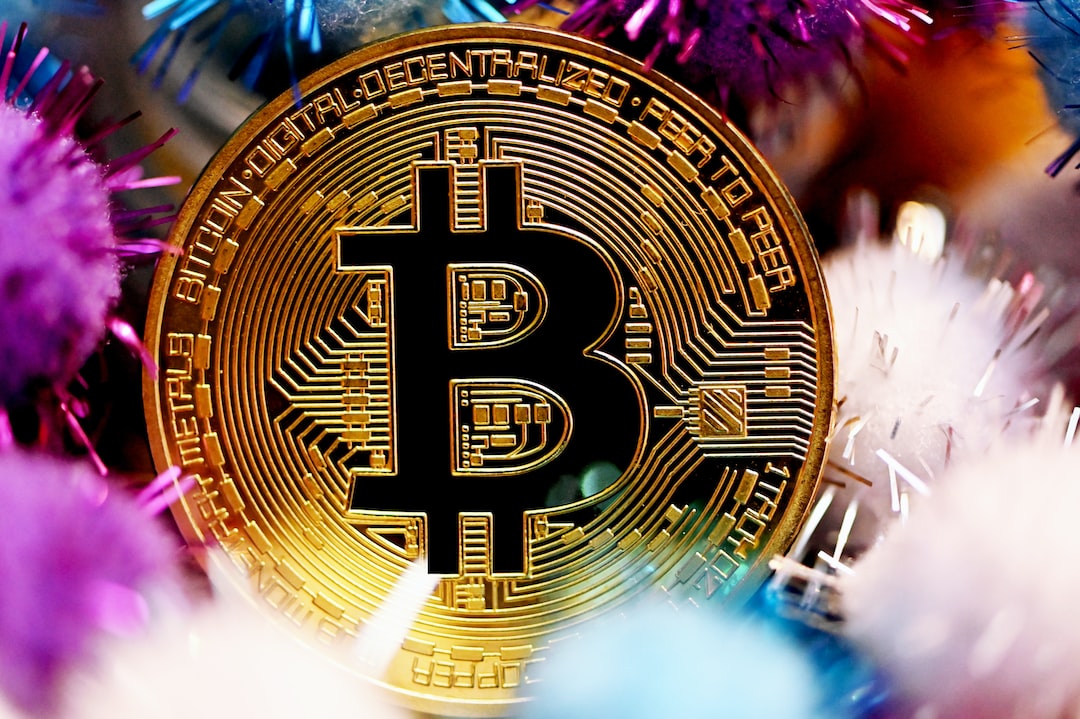Bitcoin Mining: How It Works and Its Environmental Impact
Are you curious about Bitcoin mining and its effects on the environment? If so, you’ve come to the right place. In this article, we will delve into the world of Bitcoin mining, explaining how it works and shedding light on its environmental impact.
What is Bitcoin mining?
Bitcoin mining is the process by which new bitcoins are generated and transactions are verified on the blockchain. Miners use powerful computers to solve complex mathematical problems, which allows them to add new blocks of transactions to the blockchain. In return for their efforts, miners are rewarded with a certain amount of bitcoins.
When a transaction is initiated, it is broadcasted to the entire network of miners. These miners then compete to solve the mathematical problem associated with the transaction. The first miner to solve it successfully adds the new block to the blockchain and receives the reward.
How does Bitcoin mining work?
Bitcoin mining is powered by a decentralized network of computers. As a miner, you contribute your computing power to the network. The more powerful your computer, the higher your chances of solving the mathematical problem and earning bitcoins.
Bitcoin mining involves a continuous process of trial and error. Miners make numerous attempts to solve the mathematical problem until one succeeds. The network adjusts the difficulty of the problem every 10 minutes in order to maintain a consistent rate of block creation.
It is important to note that the total supply of bitcoins is limited to 21 million. As more miners join the network, the competition becomes tougher, making it harder to earn bitcoins. This scarcity adds value to the cryptocurrency.
Environmental impact of Bitcoin mining
Bitcoin mining has received criticism for its environmental impact. The process requires large amounts of electricity to power the mining hardware and cooling systems. This energy consumption has led to concerns about carbon emissions and the associated contribution to climate change.
The mining process is typically dominated by specialized hardware known as ASICs (Application-Specific Integrated Circuits). These machines are designed solely for mining Bitcoin and consume significant amounts of electricity. In fact, Bitcoin mining consumes more energy than some entire countries.
However, it’s worth noting that the energy consumed by traditional banking systems and gold mining also have an impact on the environment. With the rise of renewable energy sources, many miners are transitioning to greener alternatives to power their operations.
Is there a solution to the environmental impact?
Several initiatives are being explored to mitigate the environmental impact of Bitcoin mining. One potential solution is the use of renewable energy sources to power mining operations. Many mining farms are now being situated near sources of renewable energy, such as hydroelectric power plants, to reduce their carbon footprint.
Another solution being explored is the development of more energy-efficient mining hardware. As technology advances, miners are moving towards more power-efficient machines, which can help minimize the environmental impact while maintaining profitability.
FAQs
Q: Can I mine Bitcoin on my personal computer?
A: While it is possible to mine Bitcoin on a personal computer, the chances of success are extremely low. The mining difficulty combined with the lack of specialized hardware make it impractical for most individuals.
Q: How long does it take to mine a Bitcoin?
A: The time it takes to mine a Bitcoin depends on various factors, such as the mining hardware’s computational power and the overall network difficulty. On average, it takes about 10 minutes to mine a single Bitcoin block.
Q: Can Bitcoin mining be profitable?
A: Bitcoin mining can be profitable, but it requires a significant investment in specialized hardware, electricity costs, and technical knowledge. As the mining competition increases, it becomes more challenging to turn a profit.
Q: How does Bitcoin mining impact the price of Bitcoin?
A: Bitcoin mining does not directly impact the price of Bitcoin. However, it indirectly affects it through the creation of new supply. As more bitcoins are mined, the supply increases, which could potentially affect the price if not matched by an increase in demand.
In conclusion, Bitcoin mining is a complex process that powers the creation of new bitcoins and the verification of transactions. While it has a significant environmental impact, efforts are being made to address these concerns through the use of renewable energy sources and more energy-efficient mining hardware. As the Bitcoin network continues to evolve, it is important to consider the environmental implications and strive for sustainable mining practices.





 By
By
 By
By
 By
By
 By
By
 By
By
 By
By